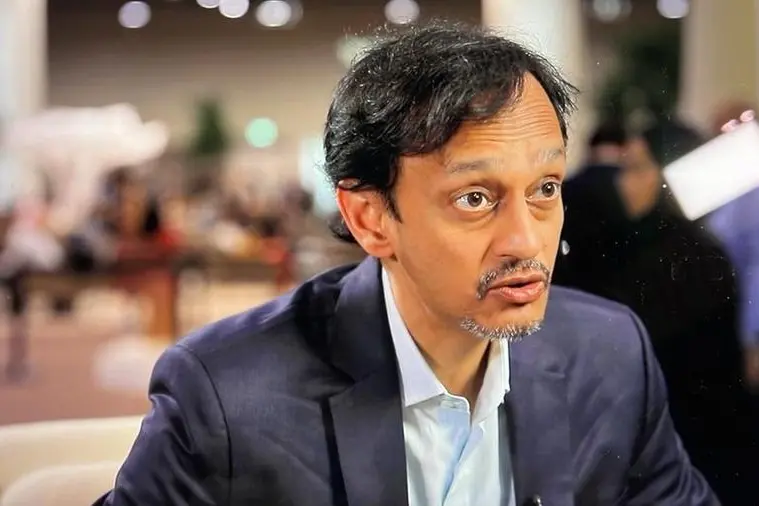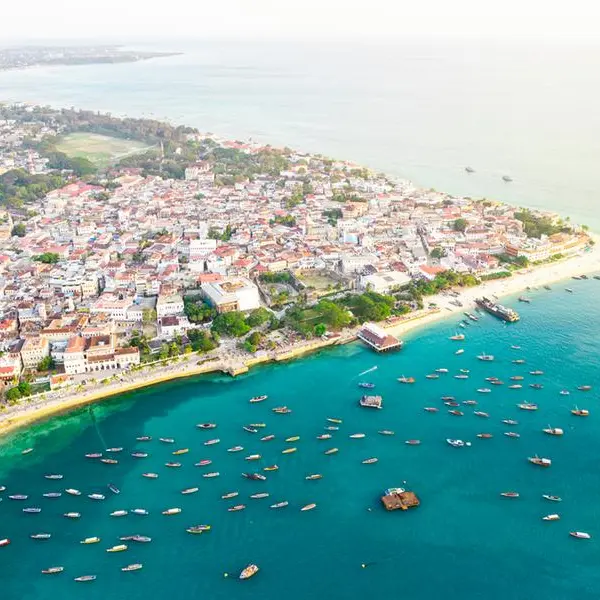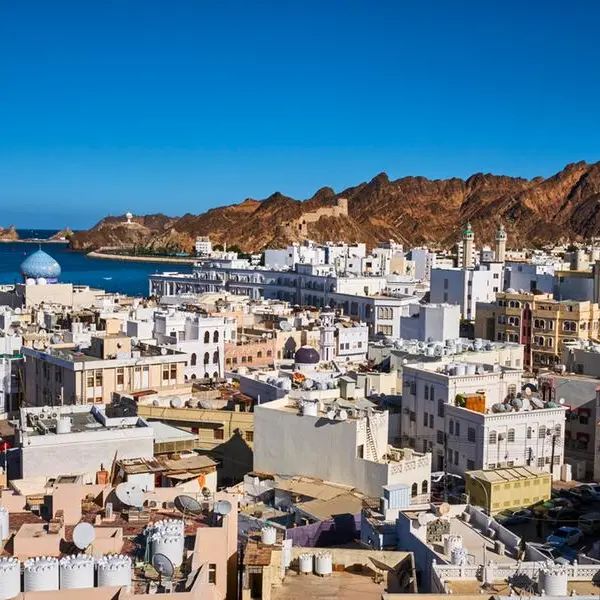PHOTO
DUBAI: Gautam Narasimhan, UNICEF Global Lead for Climate, Energy and Environment, stated that one billion children - that's over the half the world's total - are already impacted by climate change and are facing severe risks that threaten their ability to survive and thrive.
He called on all partners - including governments, the private sector and civil society to save lives and work to prevent the worst effects of climate change on children through clear and practical solutions.
Speaking to the Emirates News Agency (WAM) on the sidelines of COP28, the UNICEF official said that climate change is the biggest threat facing children and young people in the world: their health, nutrition, education, and future.
He described the climate crisis as "a child rights crisis", jeopardising every child's fundamental right to a clean, safe and healthy environment, and noting that 95% of the health impacts of climate change are going to be borne by children under five.
Narasimhan announced that 1 in 3 children – or 739 million worldwide – already live in areas exposed to high or very high water scarcity, with climate change threatening to make this worse. Further, the double burden of dwindling water availability and inadequate drinking water and sanitation services is compounding the challenge, putting children at even greater risk.
He pointed out that the greatest share of children are exposed in the Middle East and North Africa and South Asia regions – meaning they live in places with limited water resources and high levels of seasonal and interannual variability, groundwater table decline or drought risk.
He explained that these regions are among the most vulnerable in the world when it comes to climate change. The combination of heat and drought will accelerate desertification and lead to increases in dust storms, with dire impacts to children's health.
He also warned that climate change is also leading to increased water stress – the ratio of water demand to available renewable supplies. By 2050, 35 million more children are projected to be exposed to high or very high levels of water stress, with the Middle East and North Africa, and South Asia currently facing the biggest shifts.
He praised the operationalisation of the Loss and Damage Fund at COP28, calling on governments to sharpen their commitment to supporting the fund to meet the explicit needs of children and young people, such as water health education, in addition to the "adaptation" or humanitarian response process.
Regarding UNICEF's initiatives, he stated that they are working on protecting children from the impacts of climate change through projects in 60 countries to ensure that water networks reach them and provide health care in more than 70 countries.
He added, "We are supporting young people themselves. We work in over 100 countries to provide education to young people because education is one of the best ways to have a future that is not dependent purely upon climate impacts. We are also encouraging young people to take action in areas such as water conservation, energy conservation, biodiversity and tree planting through various programmes."




















